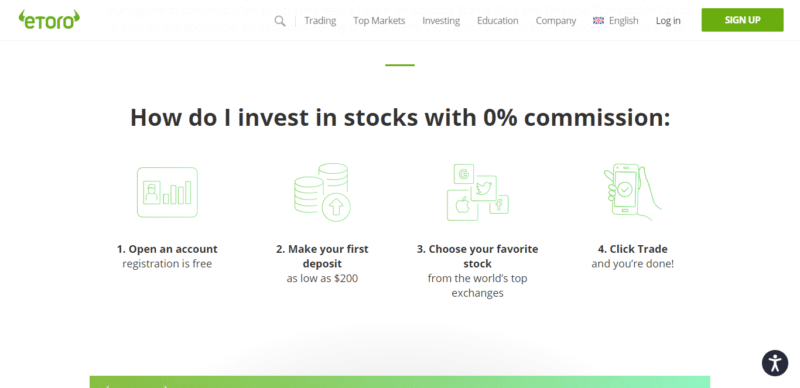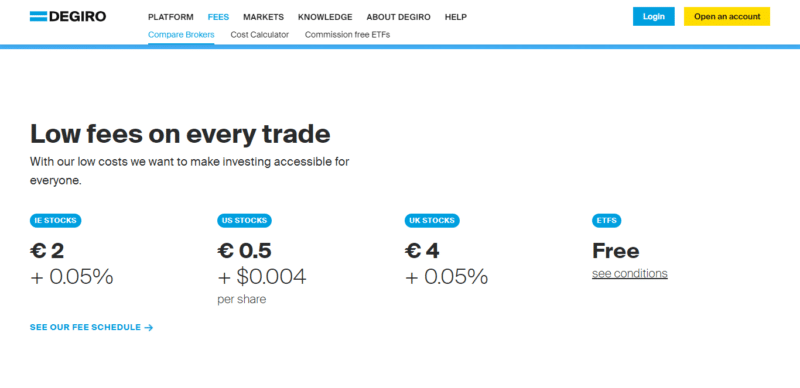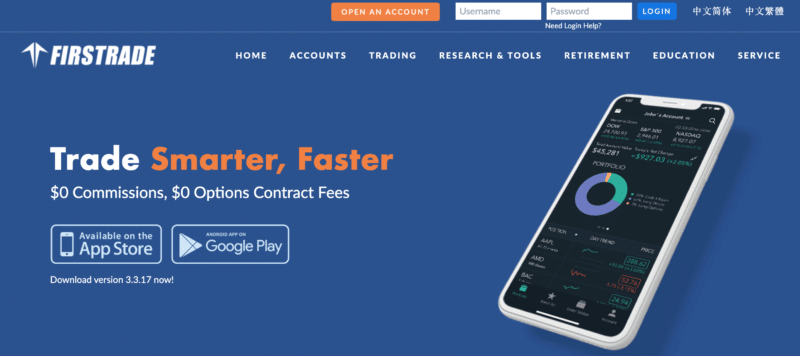
If you have little time but want to learn how to trade stocks in less than two hours a day, this guide is for you. You may already be trading stocks, but how practical is it to compress your trading hours and still achieve success?
Depending on your experience of trading stocks, it’s easy to feel overwhelmed.
How do you know what stocks to choose and how to manage open trades?
This guide will set out a simple plan for trading stocks in two hours or less. I’ll highlight suggestions for a trading plan and a few simple strategies to help you get started.





